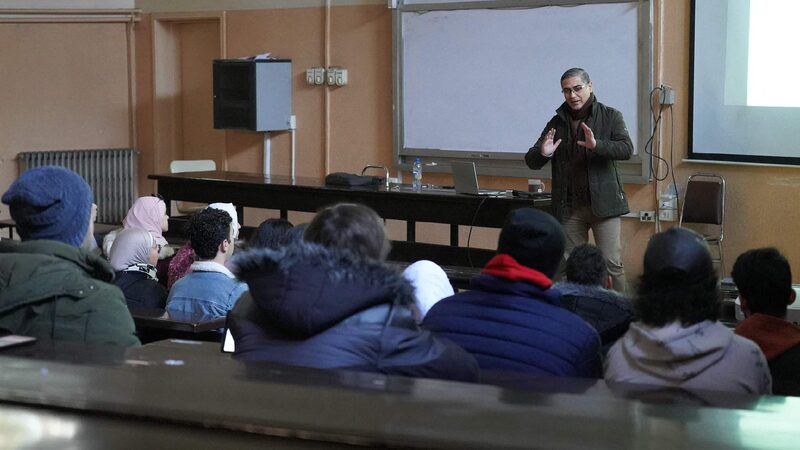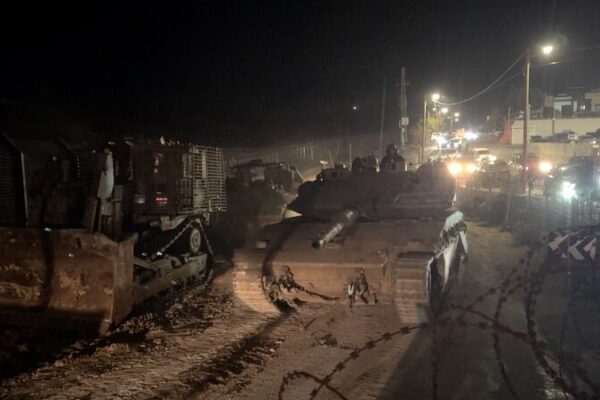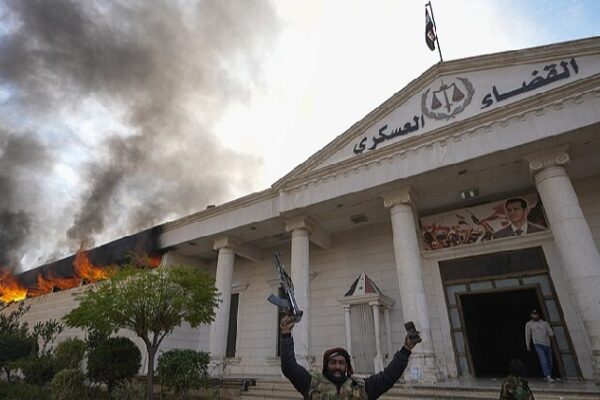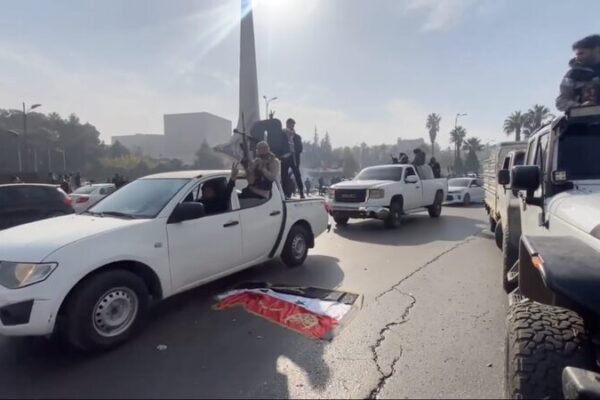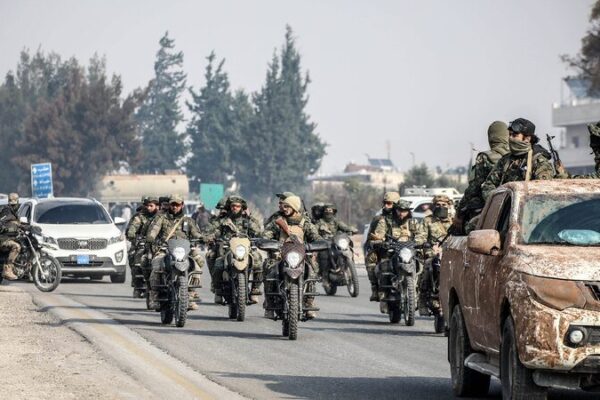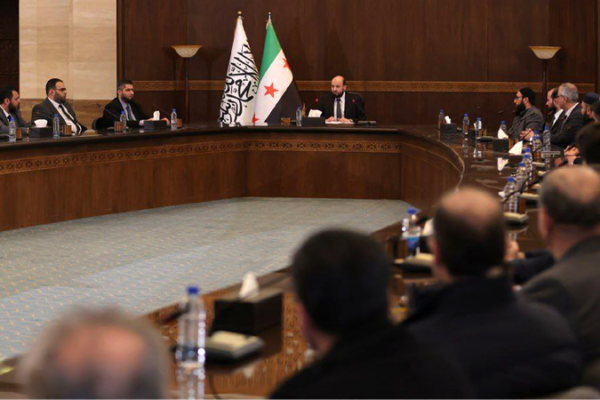Damascus, Syria — For the first time in years, schools across Syria opened their doors on Sunday, welcoming students back to classrooms in a hopeful sign of returning normalcy. The reopening comes just a week after President Bashar al-Assad’s departure and the rise of new leadership in the war-torn nation.
The country’s new de facto leader, Ahmad al-Sharaa, faces the monumental task of rebuilding a nation devastated by 13 years of civil war that claimed hundreds of thousands of lives. Cities lie in ruins, the economy is in shambles, and millions of refugees remain in camps outside Syria.
“It’s a new beginning for all of us,” said Raghida Ghosn, a mother of three in Damascus. “The schools have asked us to send middle and upper pupils back to class. The younger ones will go back in two days.”
While many parents embraced the return to education, others remained hesitant due to lingering uncertainties. “We want our children to be safe,” one parent explained. “But we also want them to have a future.”
As Syria embarks on this path to recovery, international attention has intensified. Top diplomats from the United States, Türkiye, the European Union, and Arab nations met in Jordan on Saturday, calling for a Syrian-led transition to “produce an inclusive, non-sectarian, and representative government formed through a transparent process.”
A Qatari delegation was scheduled to meet with transitional government officials in Damascus to discuss aid and the reopening of its embassy, signaling a potential thaw in regional relations.
However, challenges persist. Both Israel and Türkiye have conducted military strikes inside Syria since al-Assad’s departure. On Sunday, the Syrian Observatory for Human Rights reported fresh Israeli strikes near Damascus, following extensive operations the previous day.
Israel has also moved troops into a United Nations-patrolled buffer zone on the Golan Heights, a move the UN described as a violation of the 1974 armistice. Al-Sharaa condemned the action, stating it “threatens a new unjustified escalation in the region.”
Despite the tensions, al-Sharaa emphasized the nation’s exhaustion after years of conflict. “The general exhaustion in Syria does not allow us to enter new conflicts,” he declared in an online statement.
Meanwhile, UN Special Envoy for Syria Geir Pedersen arrived in Damascus, urging for “increased, immediate” humanitarian assistance. “Syria has been through an enormous humanitarian crisis. We need to make sure that Syria receives increased, immediate humanitarian assistance,” he said.
The reopening of schools stands as a symbol of hope for many Syrians yearning for peace and stability. As students pick up their books once more, the nation takes cautious steps towards rebuilding and healing the wounds of a prolonged civil war.
Reference(s):
cgtn.com
